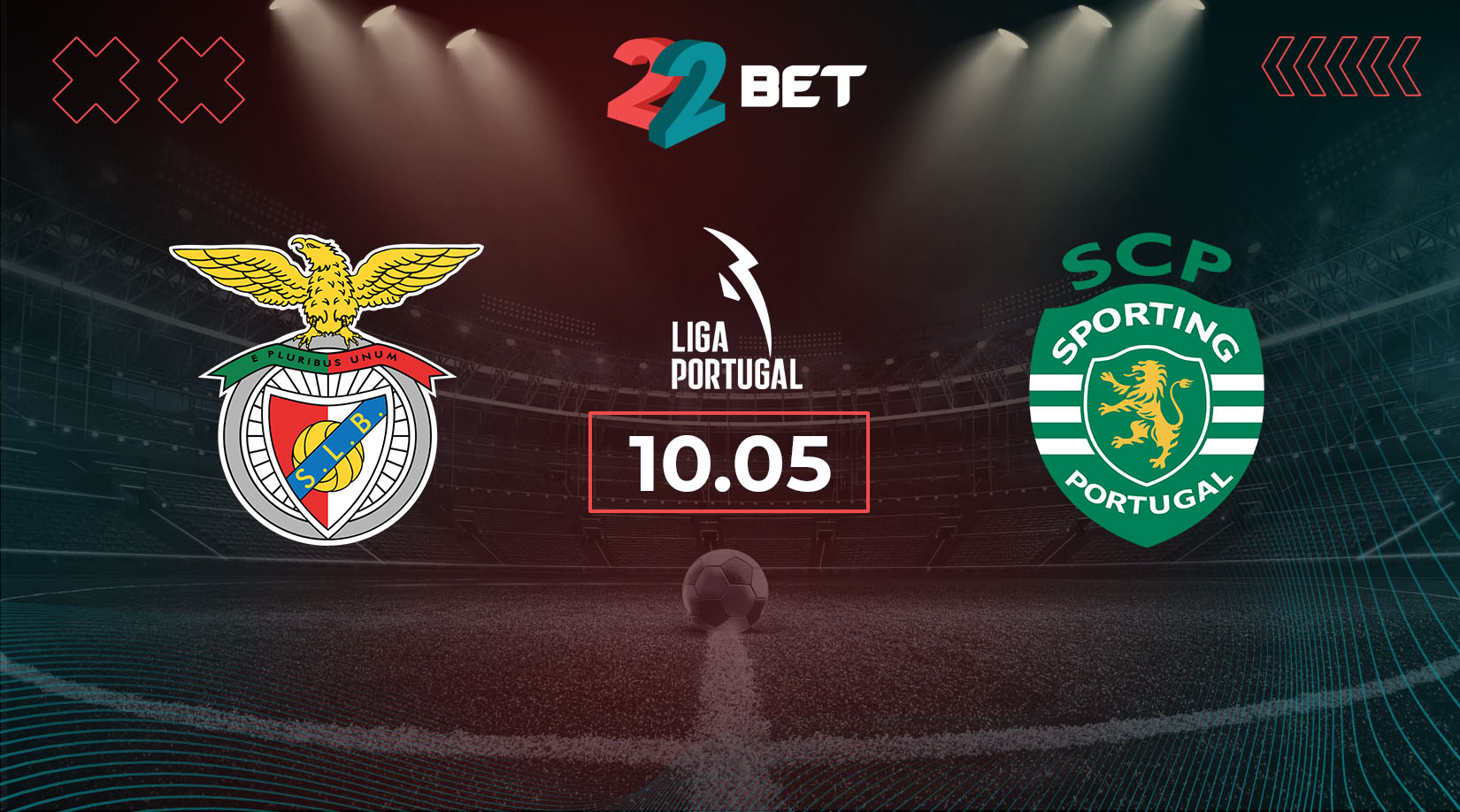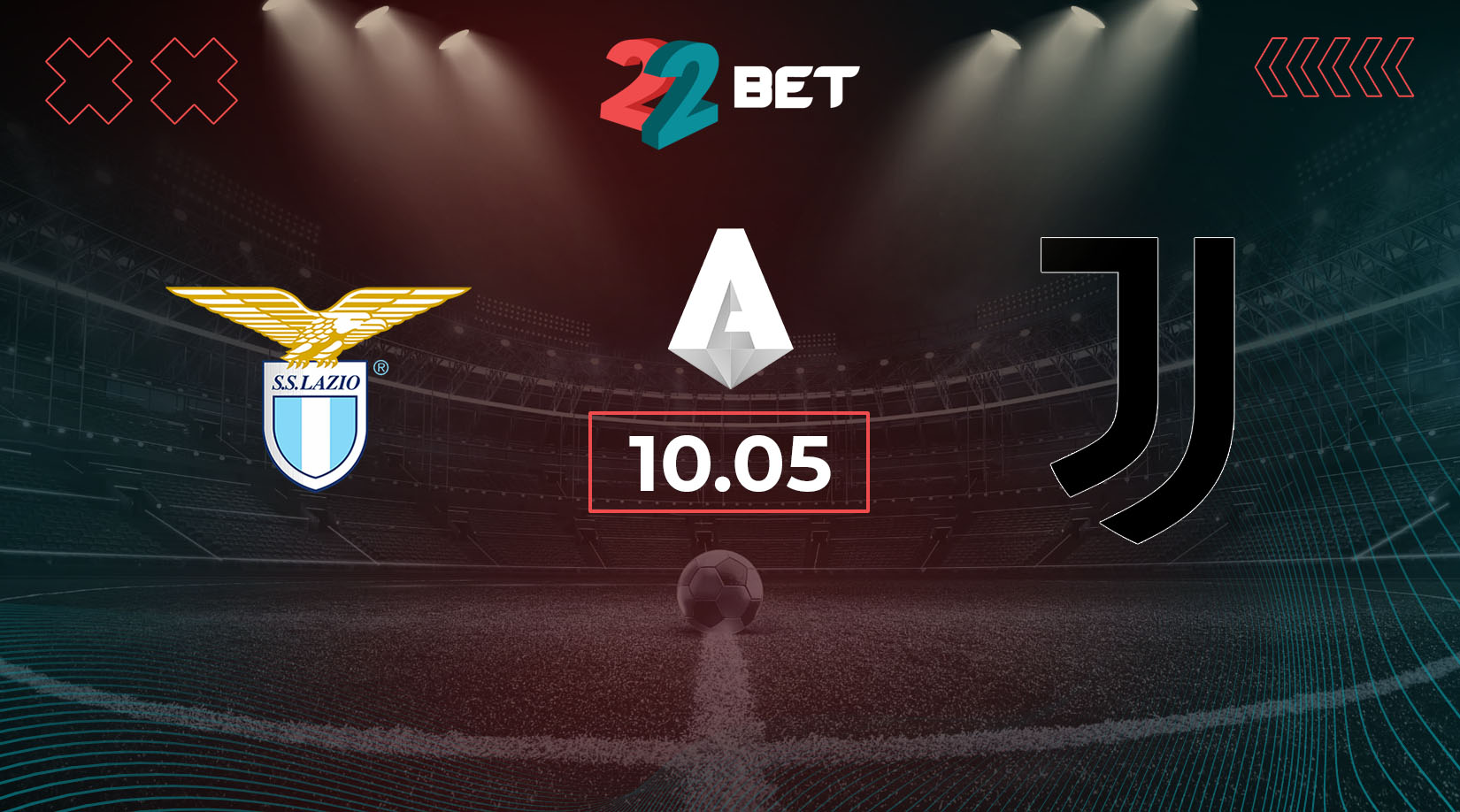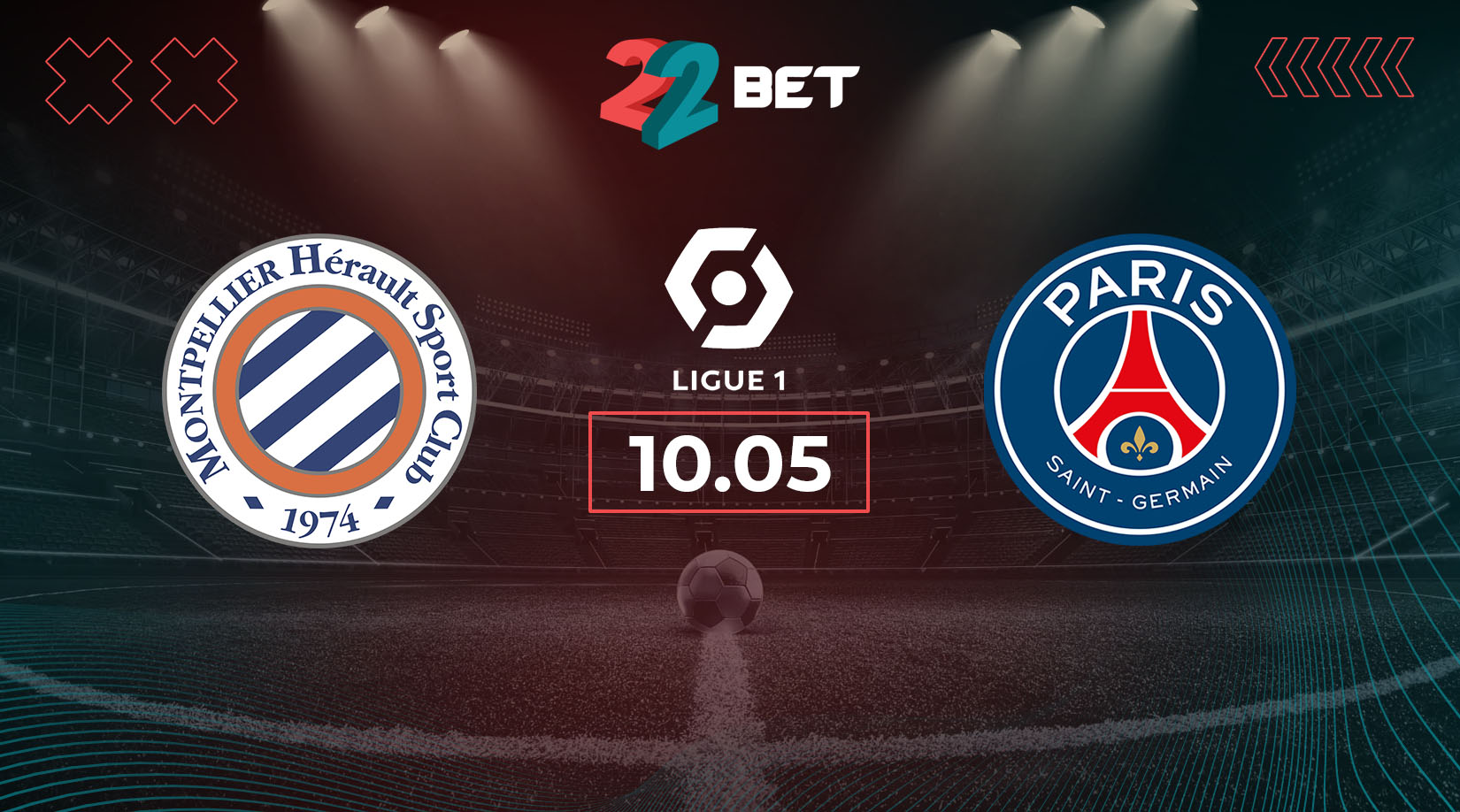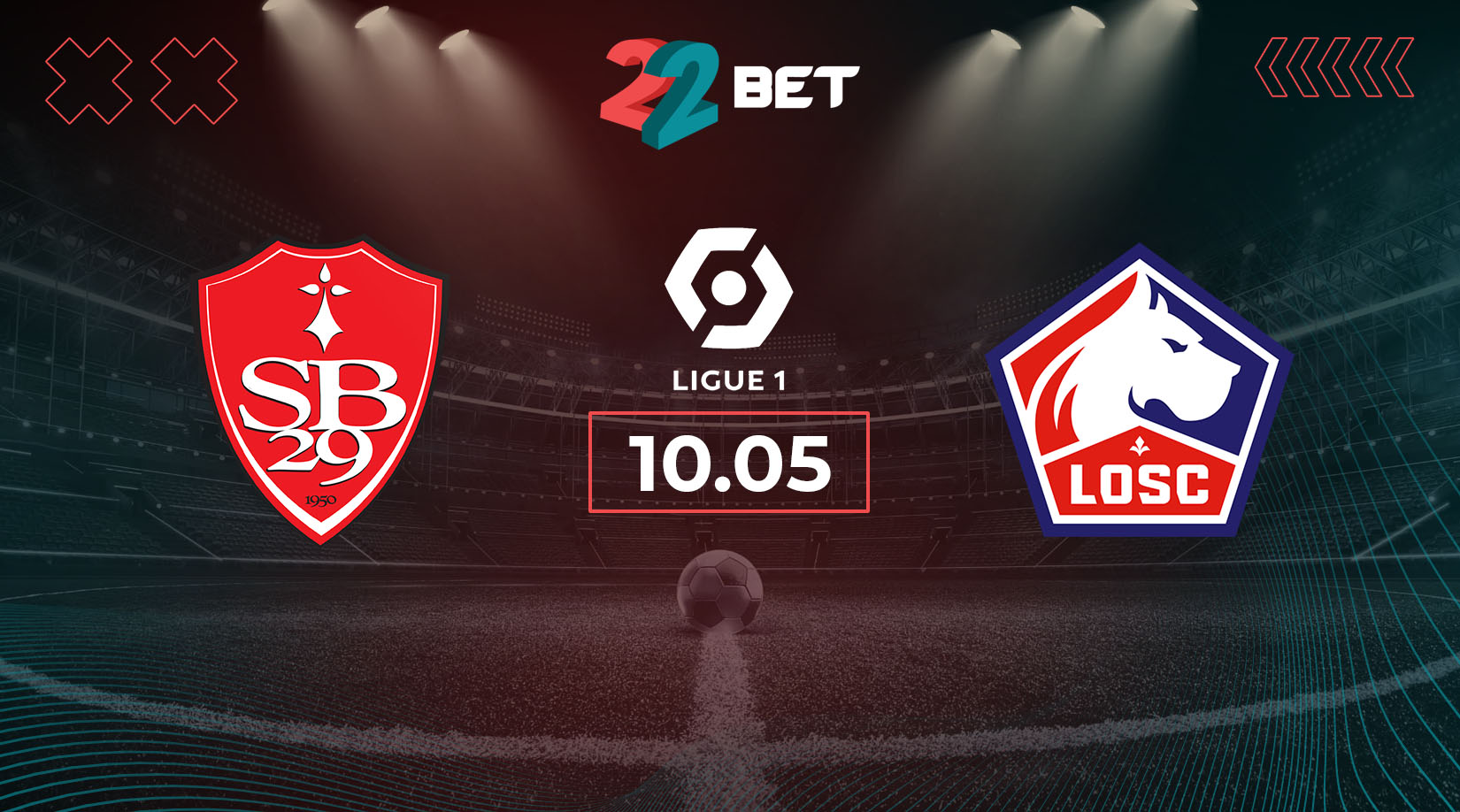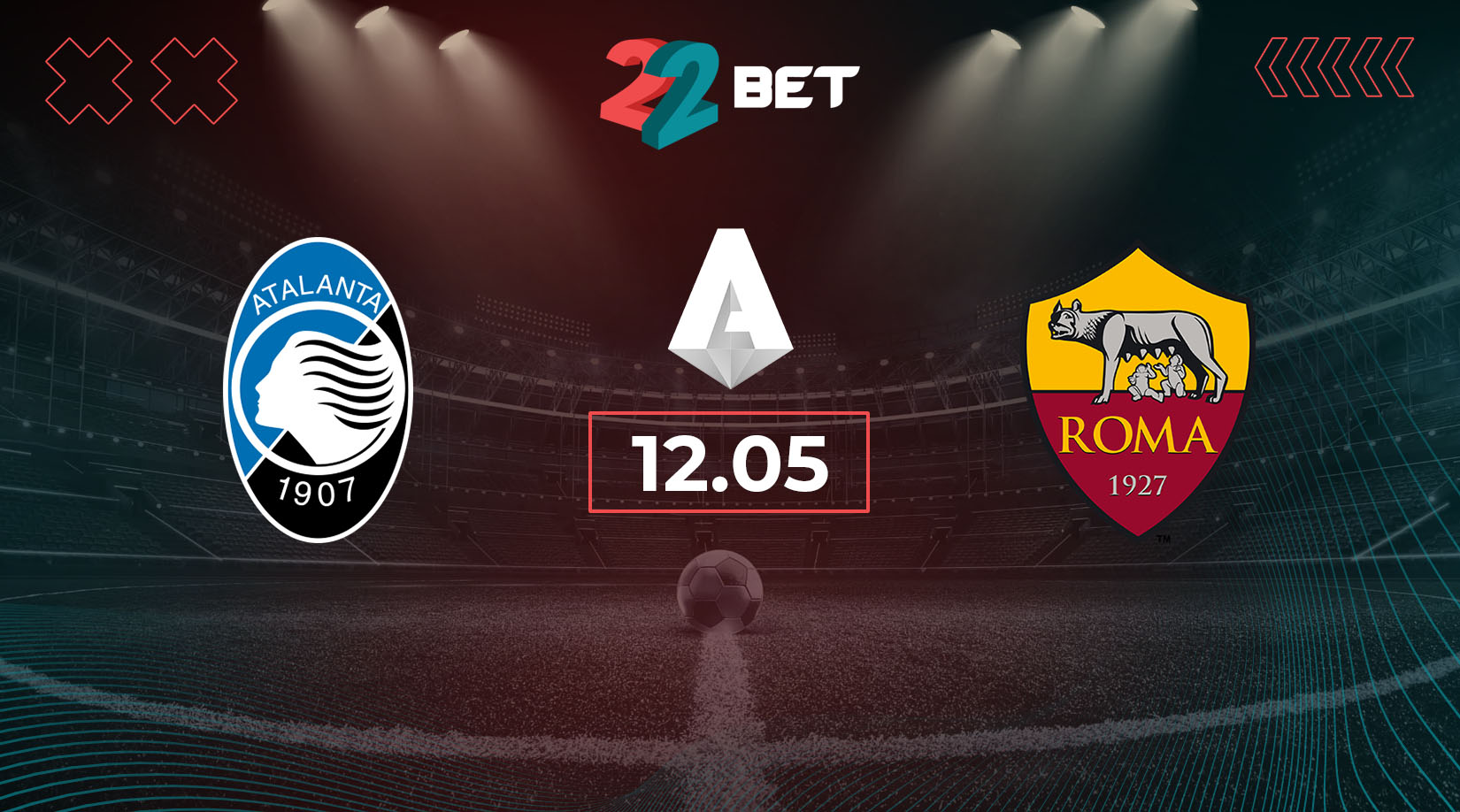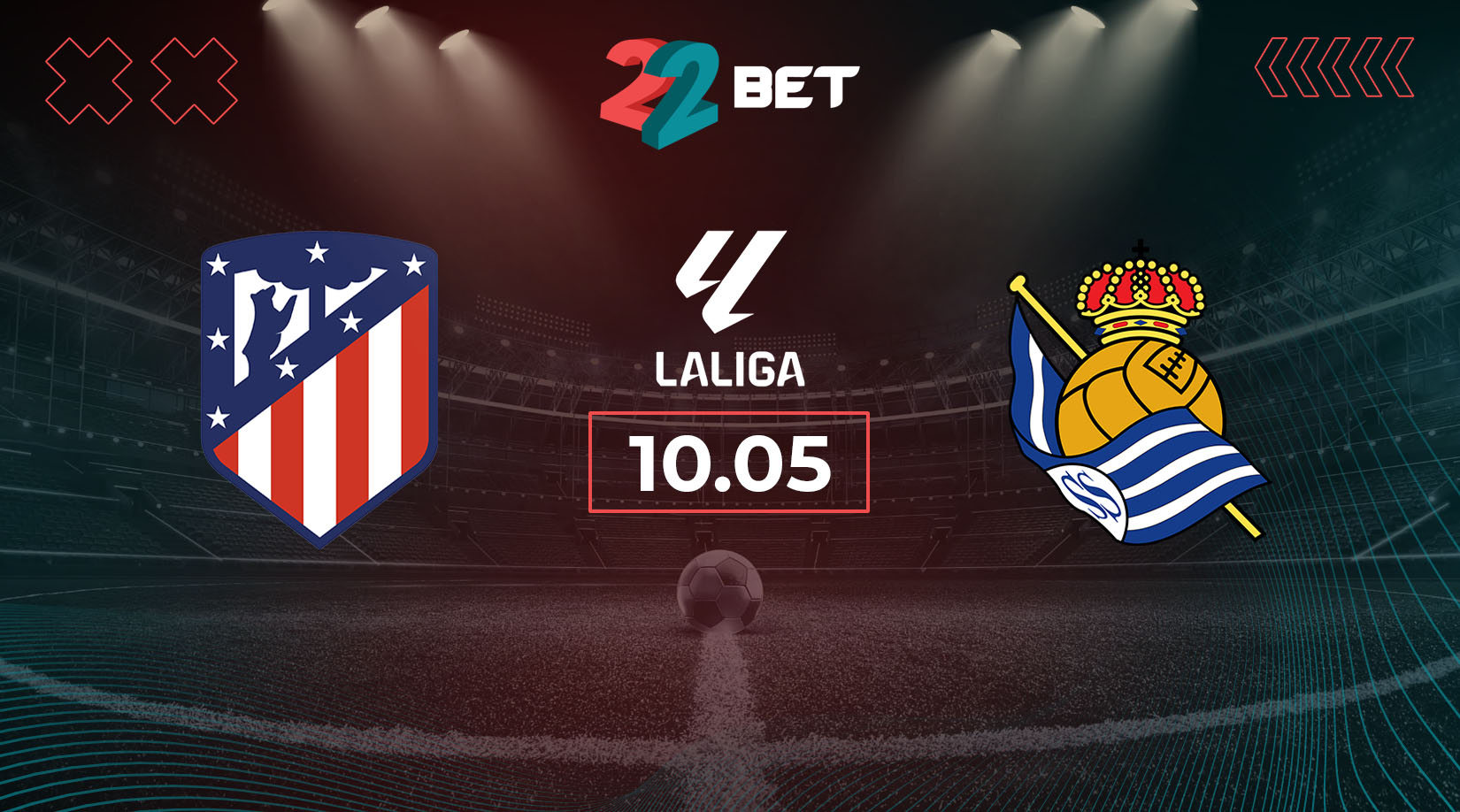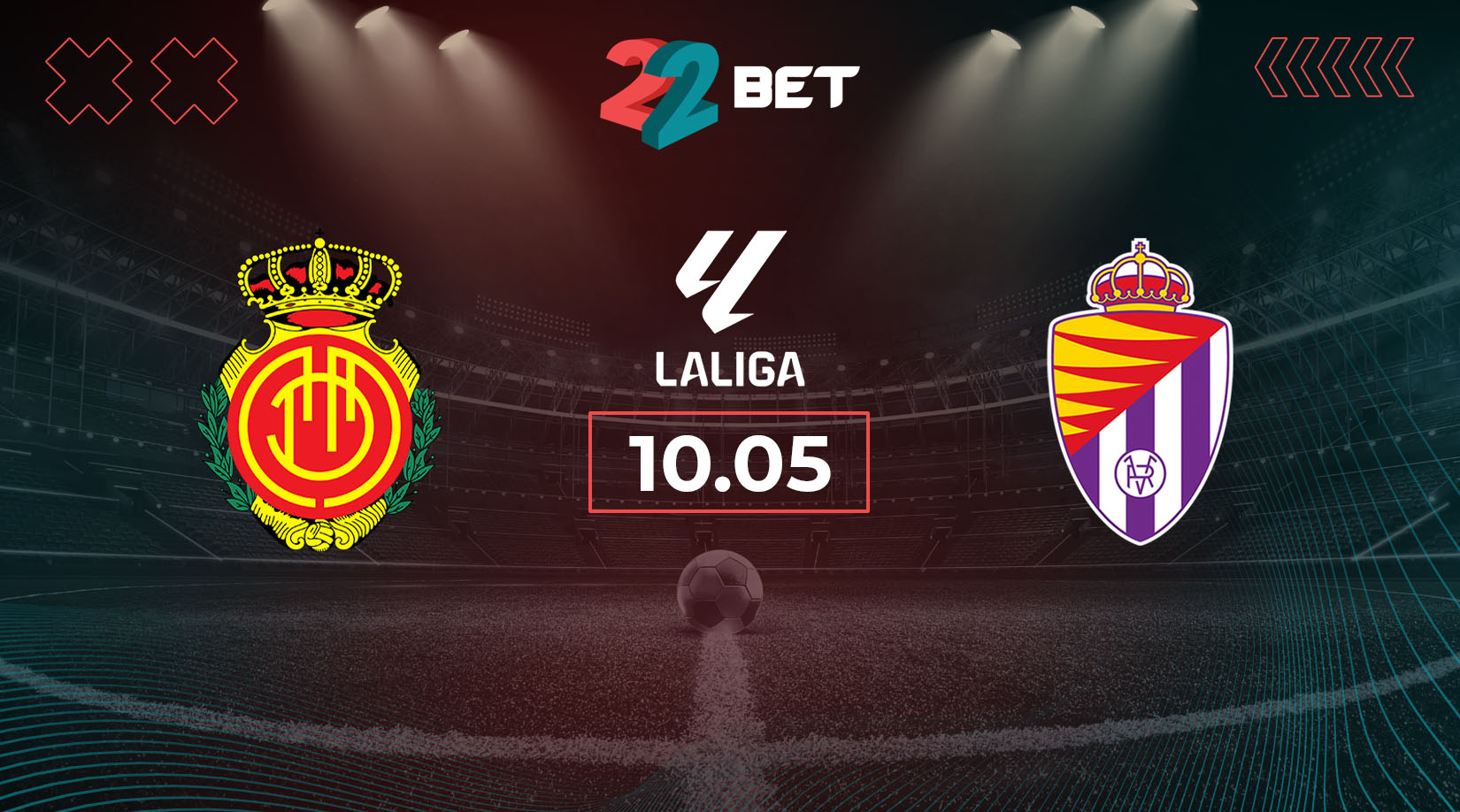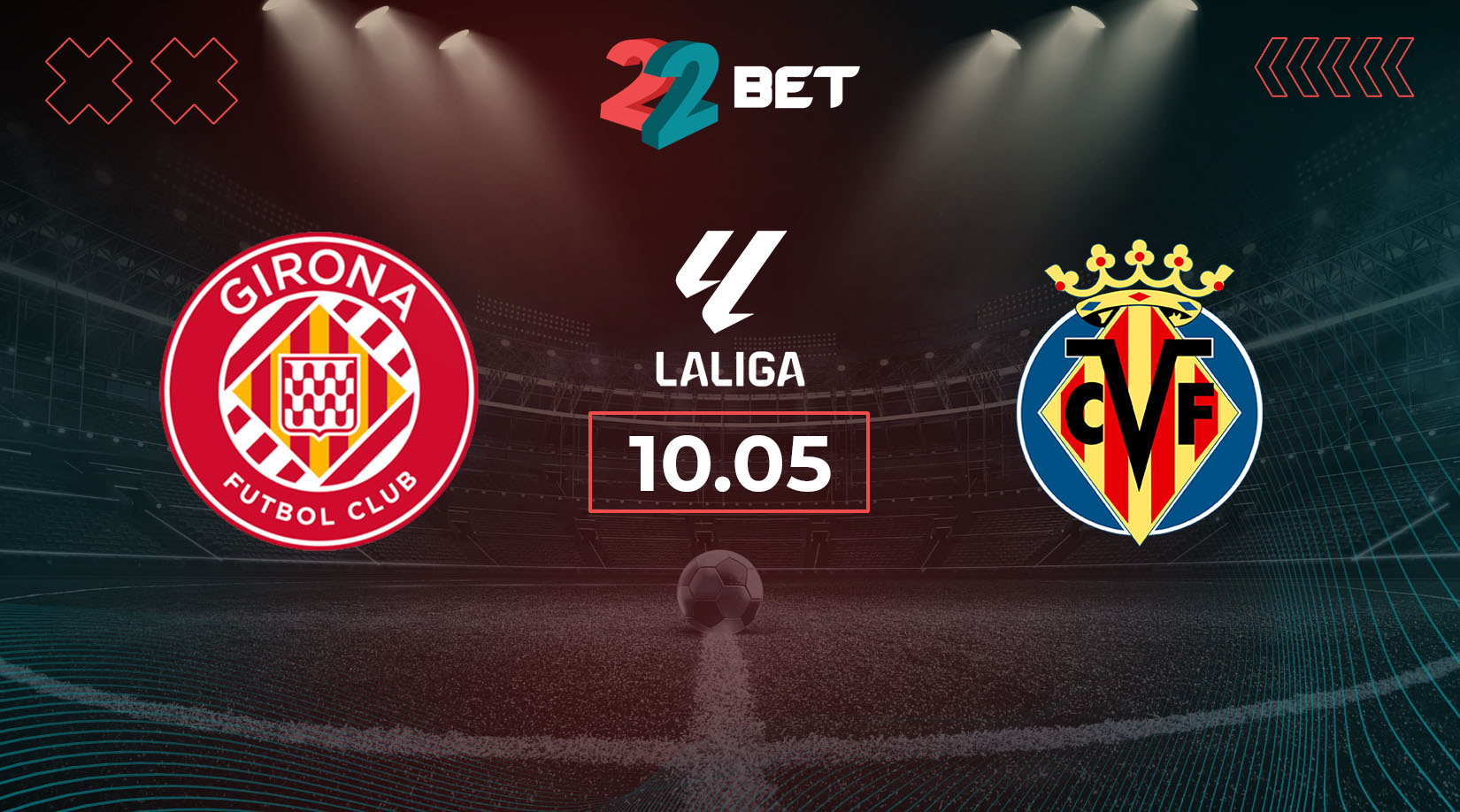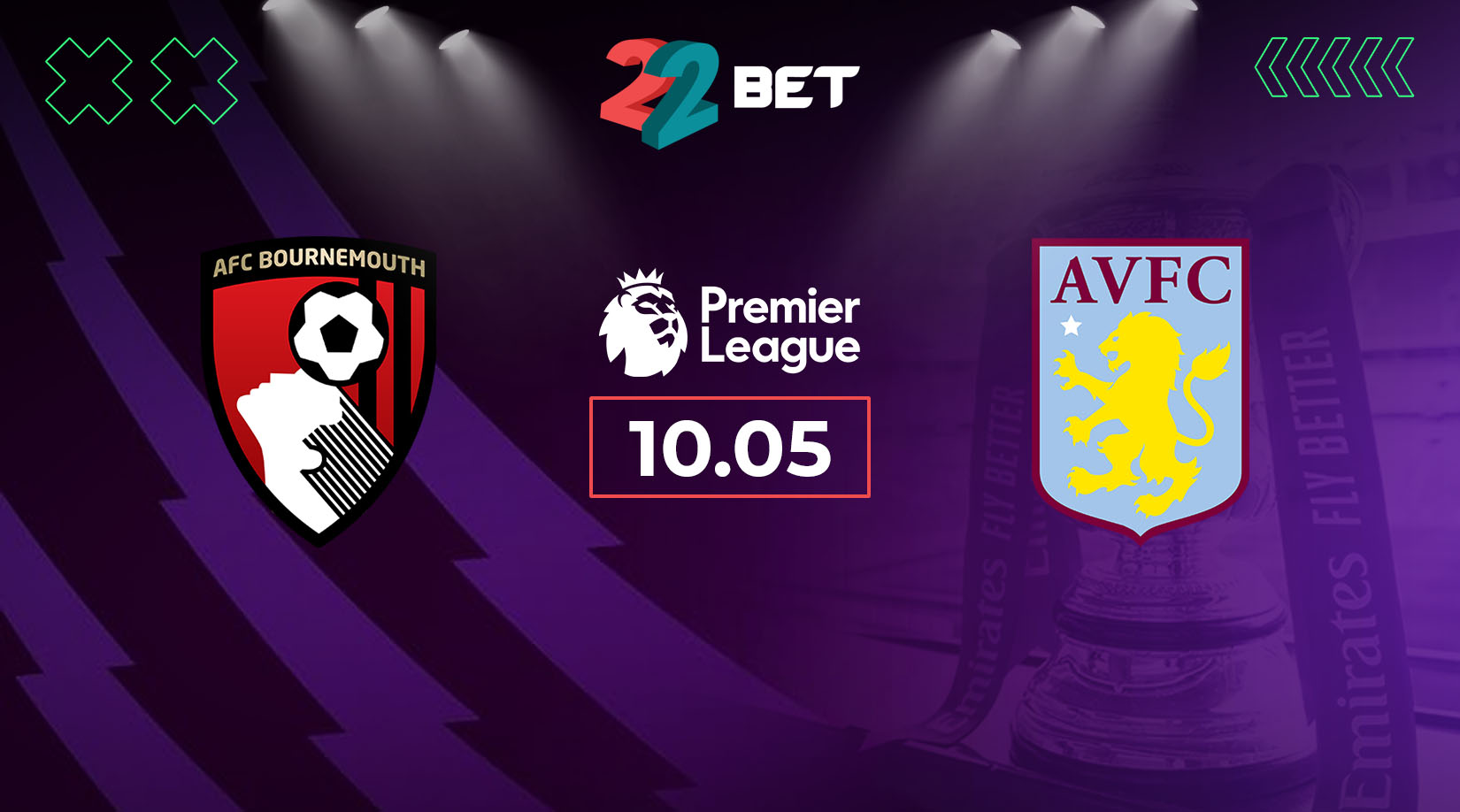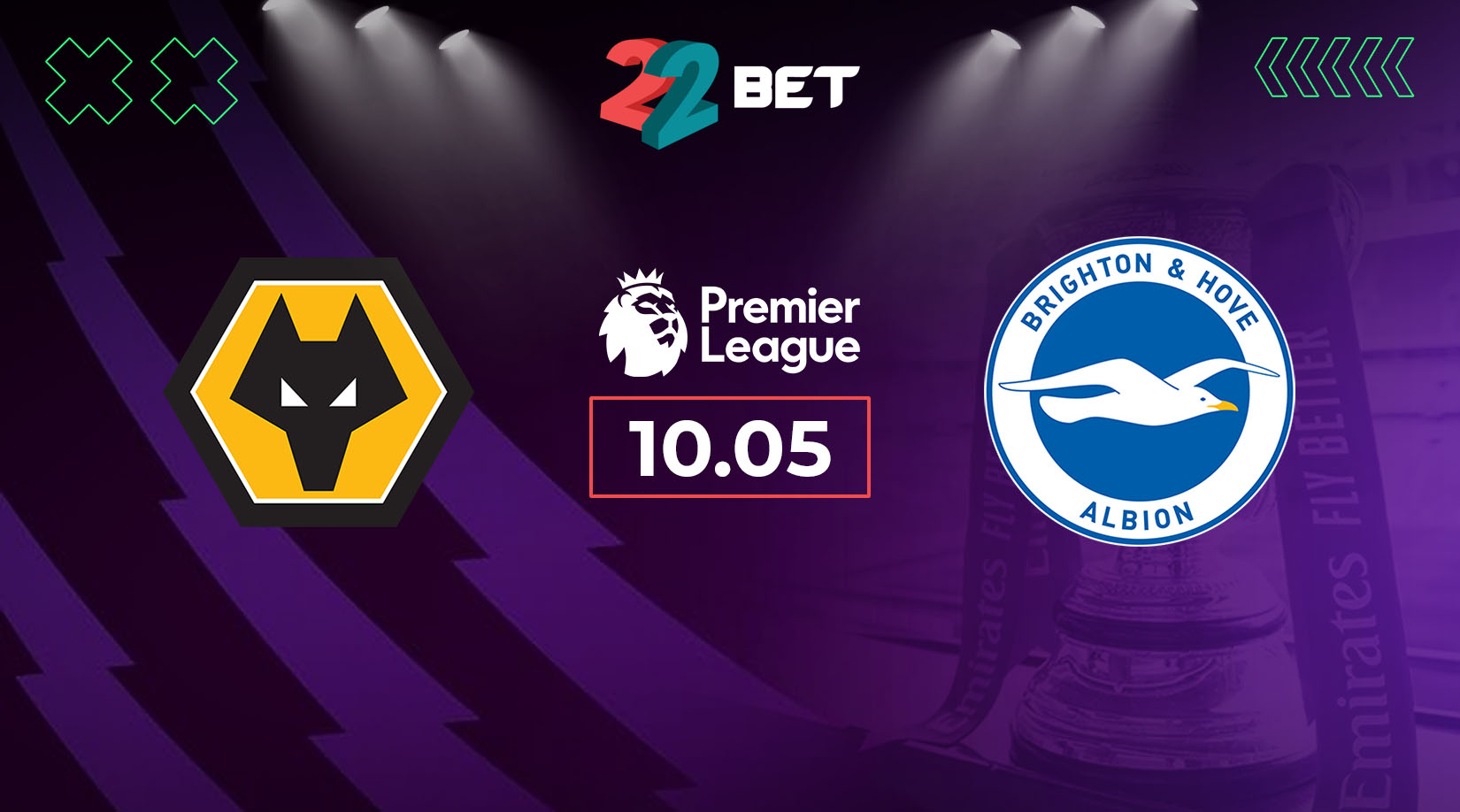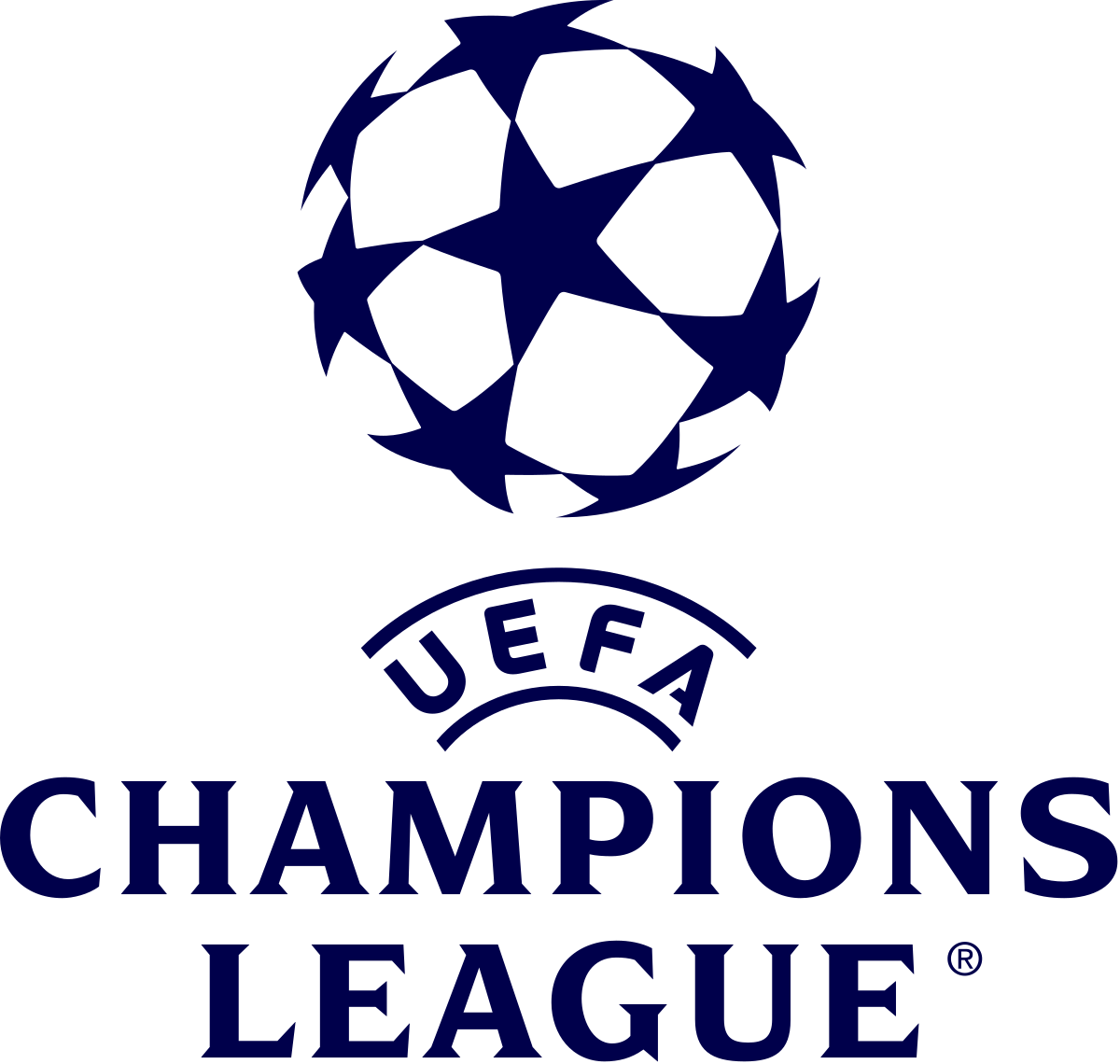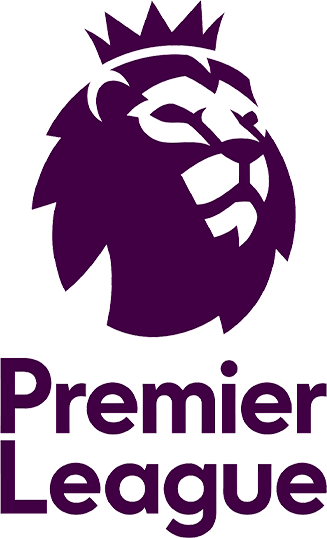Is the Premier League Still the Best in Europe?
Europe’s Top Leagues
Europe’s top five leagues include the Premier League (England), La Liga (Spain), Serie A (Italy), Bundesliga (Germany), and Ligue 1 (France).
While each league has its own style and merits, the debate on which is the best has frequently switched between La Liga and the Premier League. In recent years, England’s competition has been widely accepted as the one on top. Nonetheless, the question remains whether England will long remain the dominant league.
Premier League’s Financial Muscle
The argument that the Premier League is the best is largely a consequence of the past few years. Objectively, it is hard to determine the best league due to Europe’s diverse football history. The Premier League is often hailed as the best because it attracts the most money.
In a capitalistic world, amassing coaching talent and top players is a key factor in achieving victory. However, certain intangible qualities cannot be bought, and this is where the Premier League may lag behind other leagues.
Coaching Talent and Cycles
Most things come in cycles: La Liga dominated football in the previous decades, but these times seem over – or almost.
The Premier League now boasts the deepest, highest-quality pool of excellent coaches, both present and future. The Premier League can claim the likes of Pep Guardiola, Jürgen Klopp, Mikel Arteta, Unai Emery, Roberto de Zerbi, and Ange Postecoglou.
#FACup final prep starts now! 👊 pic.twitter.com/dEteCcY1QK
— Manchester City (@ManCity) May 22, 2024
While these names concern the top teams, coaching talent remains remarkable even in the lower tiers of the competition.
Coaches like Andoni Iraola, Thomas Frank, or Oliver Glasner cannot be forgotten. They might not be at the pinnacle of the game, but their legacies are significant and underscore the depth of coaching quality in the league.
La Liga’s Changing Landscape
The usual powerhouses in La Liga – Barcelona and Real Madrid – dominated football for a good part of the twenty-first century, but both teams are now on different trajectories.
Real Madrid’s Ancelotti is deemed the favourite to win the Champions League and is evolving fairly well, having amassed significant talent. The same cannot be said for the Catalans – who are in the midst of the biggest identity crisis in the club’s history. La Liga as a whole has lost two excellent managers in the past years – Andoni Iraola and Unai Emery, both of whom left for the Premier League – and it doesn’t look like they will return anytime soon.
The Villa loves you more than you will know.
— Aston Villa (@AVFCOfficial) May 22, 2024
The lower tiers of La Liga lack innovation, with only Michel standing out as of late; another emerging talent is Pimienta.
For many teams, there is little hope of creating new history. At the elite level, five years of stagnation are enough for the competition to catch up – this is the story of recent Premier League history.
Spain still has a big advantage in academy football, but English teams are slowly catching up – and academies in Germany and France also have their own merits. As many of La Liga’s strengths become basic standards abroad, the Premier League has caught up and surpassed it, thanks to more effective marketing and greater financial resources.
The future all boils down to how Spanish teams respond to this challenge.
Premier League’s Academy and Recruitment Strategies
Premier League teams have come to understand that utilizing academies is crucial to long-term success.
Players are conditioned to perform within a chosen methodology, creating players tailored to the club’s needs. Manchester City has witnessed the rise of Phil Foden, Oscar Bobb and other academy graduates.
Oscar Bobb’s crucial match-winner against Newcastle makes the shortlist for @premierleague Goal of the Season! 🪄✨
Get voting 👇
— Manchester City (@ManCity) May 22, 2024
Both London clubs – Arsenal and Chelsea – are famous for their academies. Amid problematic transfers, many fans have called for Cobham to play a larger role in Chelsea’s first-team project, an idea that remains uncertain under Todd Boehly’s leadership.
Innovation and Data Analytics
It’s not only the top teams that consider academy graduates as valuable long-term bets in their projects.
Brentford exemplifies a team that has risen through the Premier League’s ranks by combining academy programs and data analytics in its strategy. Although this approach remains relatively unpopular in the Premier League, more clubs are beginning to explore it.
In today’s markets, it is often deemed “better” to search for the market in low-ranked leagues and countries – Portugal being a prime example, with Ukraine’s market recently exploding.
MACHINE 🤖 pic.twitter.com/Oo3hKL6gCR
— Girona FC (@GironaFC_Engl) May 20, 2024
Recruitment is inherently risky, but unlike La Liga, Premier League clubs are willing to take ‘risky’ bets, recently diving into the Scandinavian market as well. Improved accuracy due to advanced data analytics, allows more clubs to identify promising targets that might otherwise go unnoticed.
The best teams – and by extension, the best leagues – are those that stay one step ahead of their competition. In the case of the Premier League, aside from financial muscle, the league has outpaced its Spanish counterparts through the use of analytics, where many Spanish clubs have yet to fully embrace these new models.
In many ways, this represents the lack of development and innovation in Spanish football in recent years. Most clubs still rely on traditional methods – academy focus and possession-based play – but struggle against teams that employ a more aggressive, high-tempo style, such as German clubs.
Spanish teams often find themselves outpaced and outmuscled, lacking the athleticism to maintain a high tempo throughout the 90 minutes.
Financial Fair Play and Competitive Balance
In terms of projects, the Premier League has generally surpassed its Spanish counterparts, due to misused funding in Spain.
Many Spanish clubs face stricter Financial Fair Play (FFP) regulations imposed by Javier Tebas, a necessity after numerous clubs came close to liquidation or encountered major financial troubles over the past decade.
Examples of financial struggles can be found throughout the league, from Barcelona to Deportivo Alavés, Valencia, and Levante. Even Sevilla and Real Betis have recently struggled to balance the books.
This issue is less prevalent in the Premier League, where the revenue generated by TV rights is significantly higher – a result of successful marketing campaigns and the global appeal of the English language.
The Future of the Premier League
At the moment – there is no doubt that the Premier League is the best, at least in terms of coaching talent and the projects visible to the naked eye.
English clubs have more money, and undoubtedly reinvest better – as seen in the case of Arne Slot at Liverpool.
Uncertainty reigns over Barcelona, while Real Madrid remains a perennial powerhouse. However, the rest of La Liga doesn’t offer the Premier League many competitors. Despite this, Premier League teams still face challenges in European competitions. Manchester City lost to Real Madrid in the quarterfinals, while Liverpool was surprised at Anfield by Atalanta, a testament to the difficulty of succeeding in Europe.
Nonetheless, the general consensus is that the Premier League is currently at the top. But as history has shown, dominance cycles last about a decade – can the Premier League maintain its momentum?


























